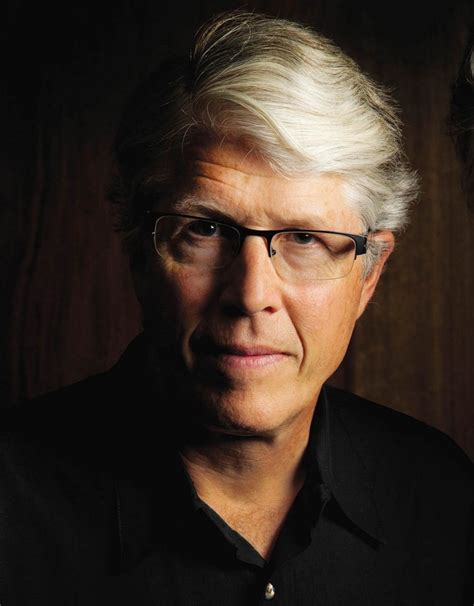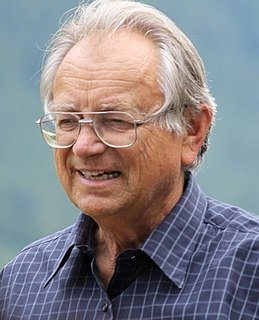A Quote by Emma Restall Orr
Animism is a monist metaphysical stance, based upon the idea that mind and matter are not distinct and separate substances but an integrated reality, rooted in nature.
Related Quotes
What differentiates time from space is that time does have a direction. In that sense it is different from space. I think that's certainly true that whereas spatial dimensions don't have direction or an arrow, time does. It runs from past to future. But I see that arrow of time as rooted in a deeper metaphysical reality, namely the reality of temporal becoming - of things coming to be and passing away. That is why time has this arrow. But it's not sufficient to simply say that time and space are distinct because time has a direction. The question will be: why does it have a direction?
The ancient intuition that all matter, all "reality," is energy, that all phenomena, including time and space, are mere crystallizations of mind, is an idea with which few physicists have quarreled since the theory of relativity first called into question the separate identities of energy and matter. Today most scientists would agree with the ancient Hindus that nothing exists or is destroyed, things merely change shape or form; that matter is insubstantial in origin, a temporary aggregate of he pervasive energy that animates the electron.
Three principles - the conformability of nature to herself, the applicability of the criterion of simplicity, and the utility of certain parts of mathematics in describing physical reality - are thus consequences of the underlying law of the elementary particles and their interactions. Those three principles need not be assumed as separate metaphysical postulates. Instead, they are emergent properties of the fundamental laws of physics.
For the chemists, who wanted to manufacture new medicines and elixirs and transform base substances into noble ones, the notion that there was no metaphysical barrier to doing so - it was just a matter of getting the particles into new arrangements - was encouraging. That was the Baconian programme.
You think of yourself as an "individual person", with a unique and separate mind. You think you are born and you think you die. All your life you feel separate and alone. Sometimes desperately so. You fear death because you fear the loss of individuality. All this is an illusion. You, he, she, those things around you living or not, the stars and galaxies, the empty space in between- these are not distinct, separate objects. All is fundamentally entangled.
If all we know of mind is the aspect of mind that dissolves when we die, we will be left with no idea of what continues, no knowledge of the new dimension of the deeper reality of the nature of mind. So it is vital for us all to familiarize ourselves with the nature of mind while we are still alive. Only then will we be prepared for the time when it reveals itself spontaneously and powerfully at the moment of death; be able to recognize it "as naturally," the teachings say, "as a child running into its mother's lap"; and by remaining in that state, finally be liberated.
Happiness is your real nature. You identify with yourself with the body and mind, feel it's limitations, and suffer. Realize your true self in order to open the store of happiness. That true self is the reality, the Supreme Truth, which is the self of all the world you now see, the self of all the selves, the One real, the Supreme, the Eternal self - as distinct from the ego or the bodily idea for the self.
The idea of buddha mind is not purely a concept or a theoretical, metaphysical idea. It is something extremely real that we can experience ourselves. In fact, it is the ego that feels that we have an ego. It is ego that tells us, My ego is bothering me. I feel very self-conscious about having to be me. I feel that I have a tremendous burden in me, and I wonder what the best way to get rid of it is. Yet all those expressions of restlessness that keep coming out of us are the expression of buddha nature: the expression of our unborn, unobstructed, and nondwelling nature.







































